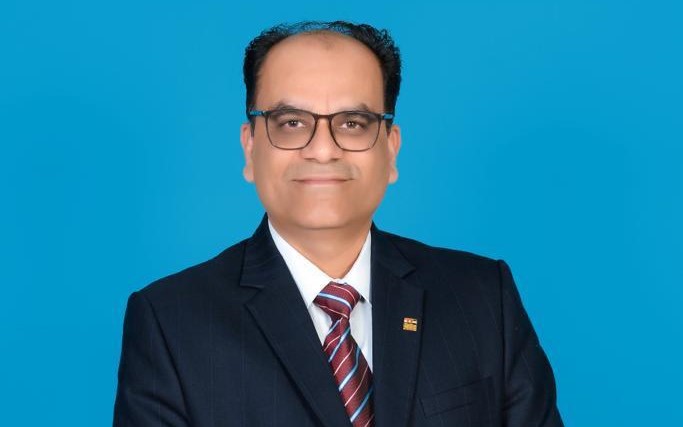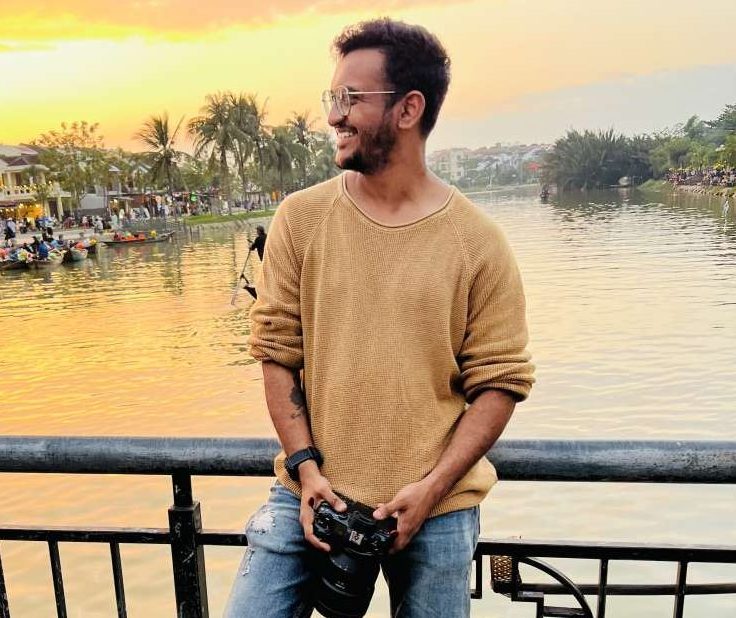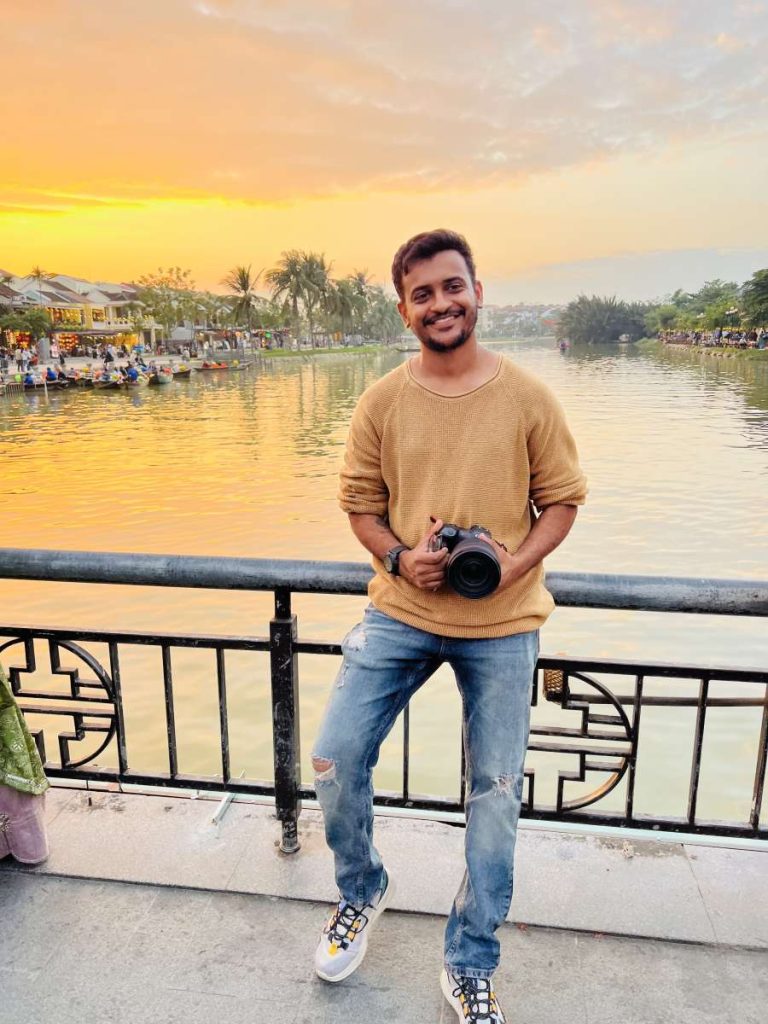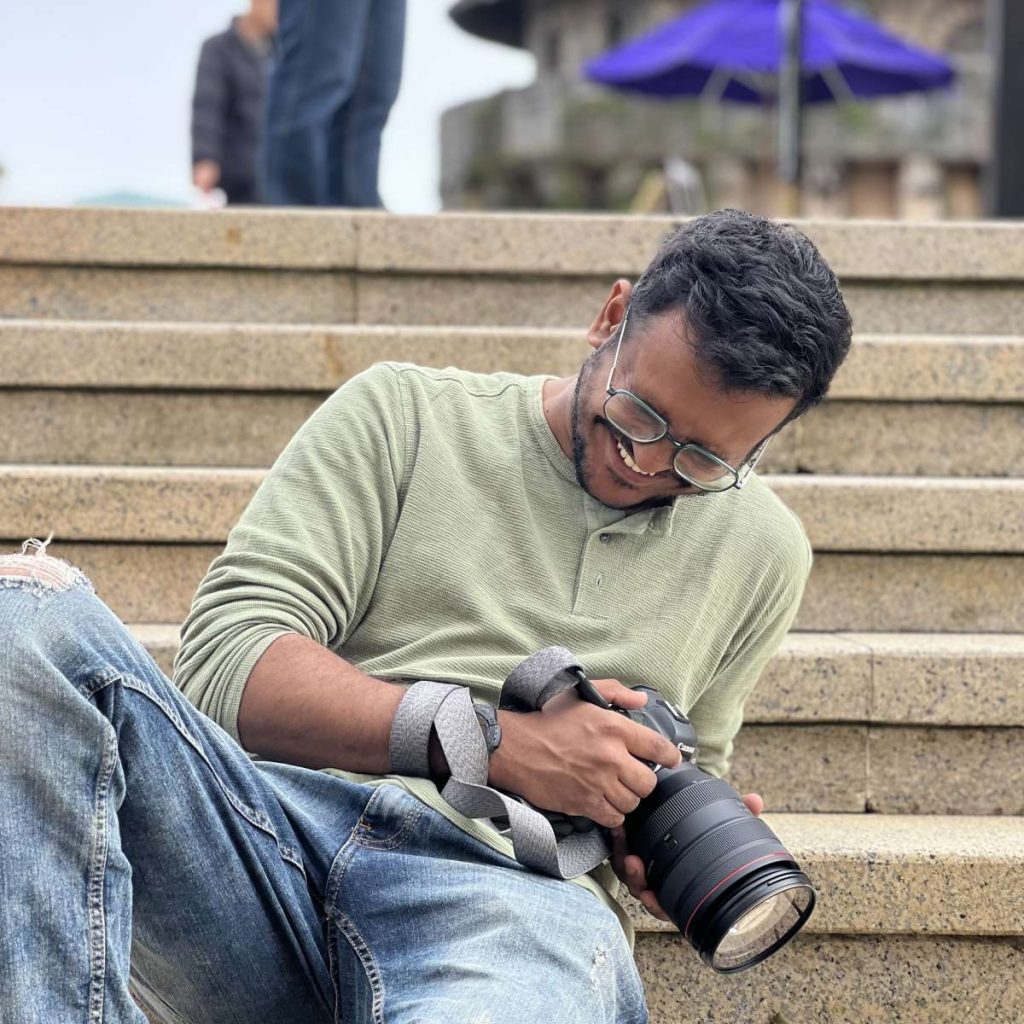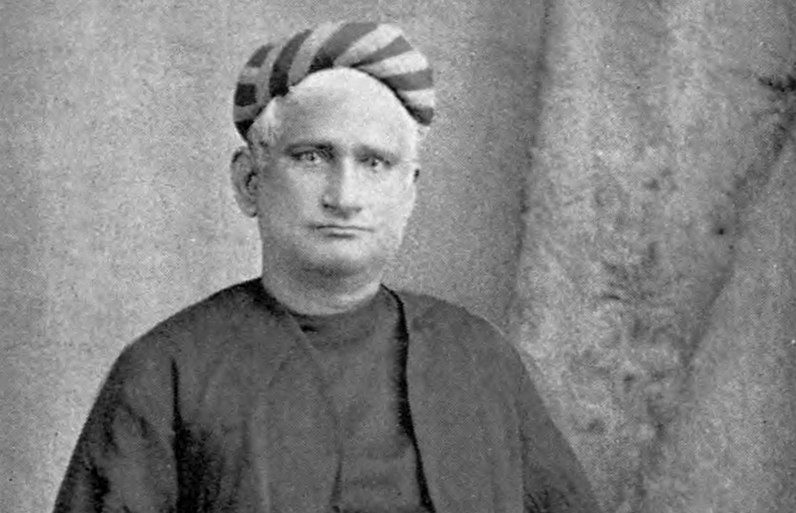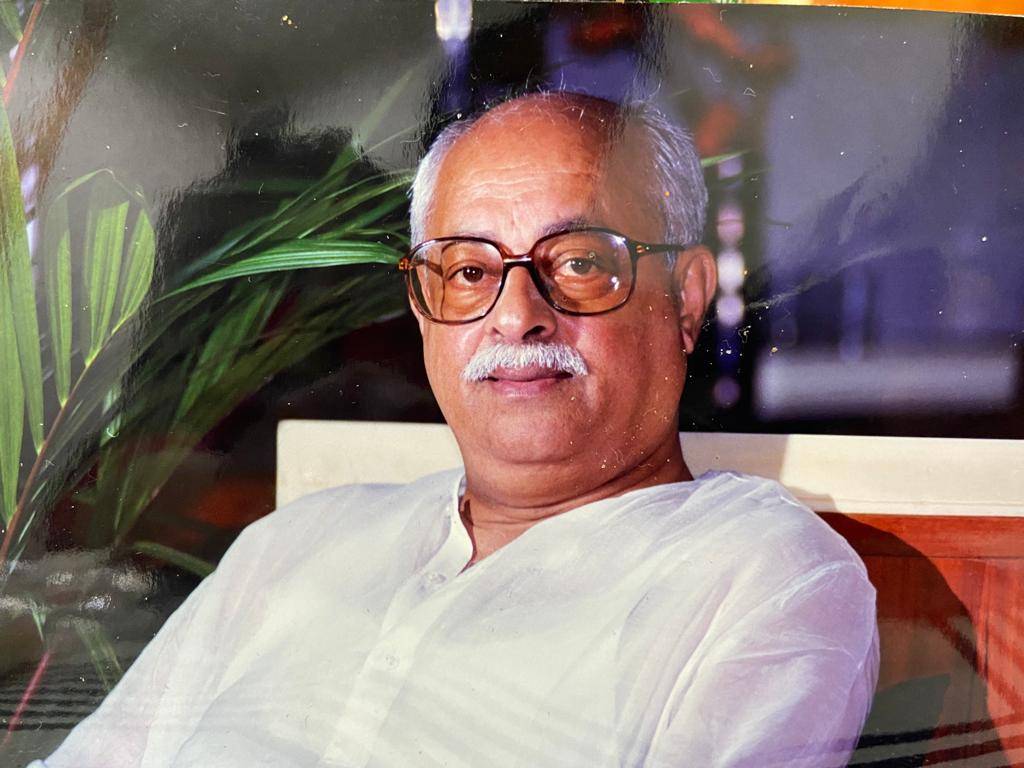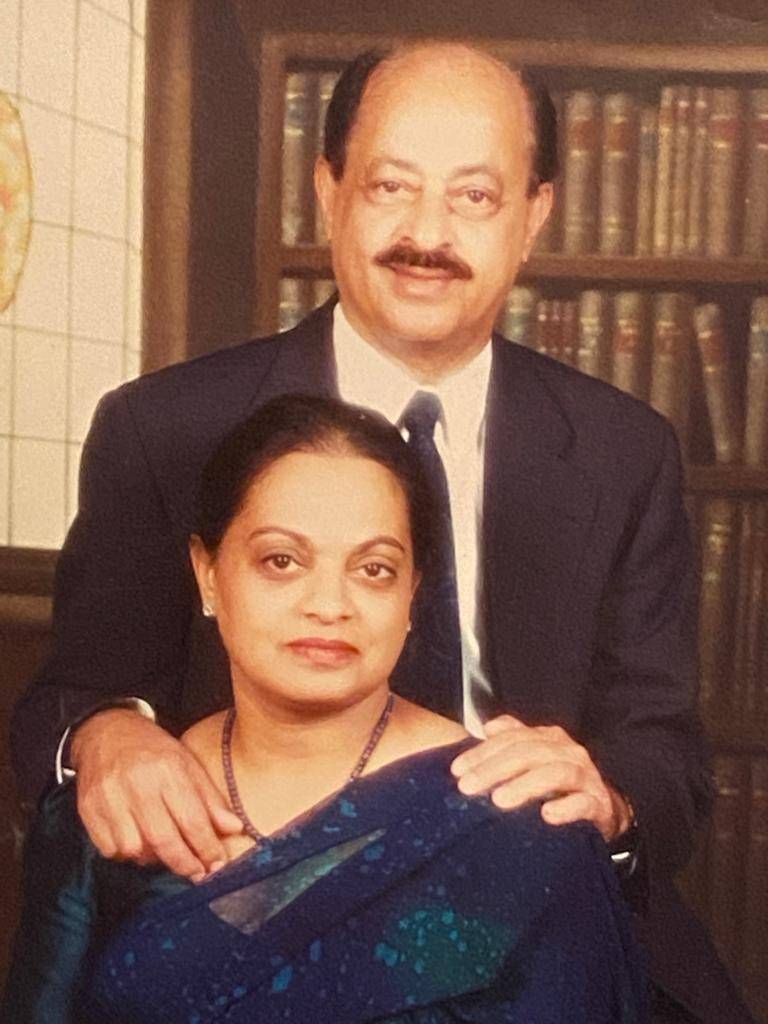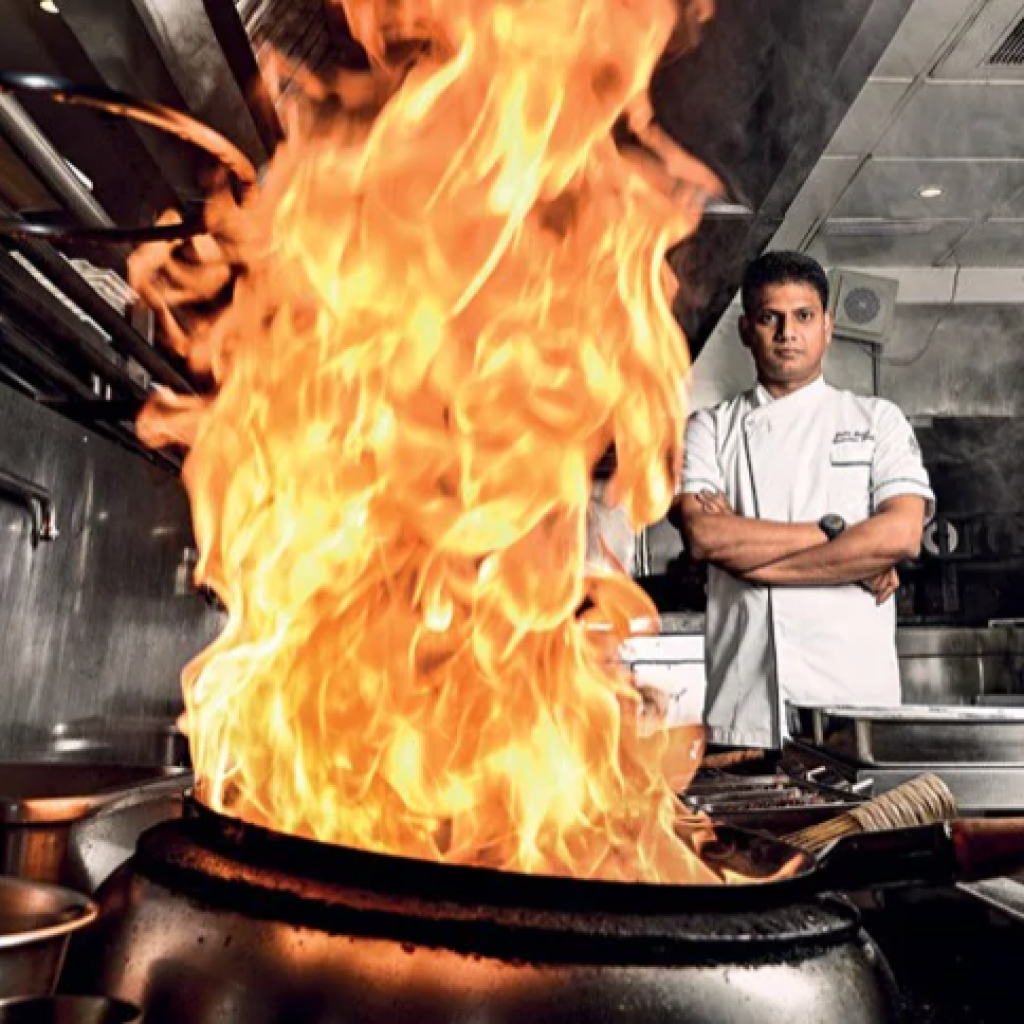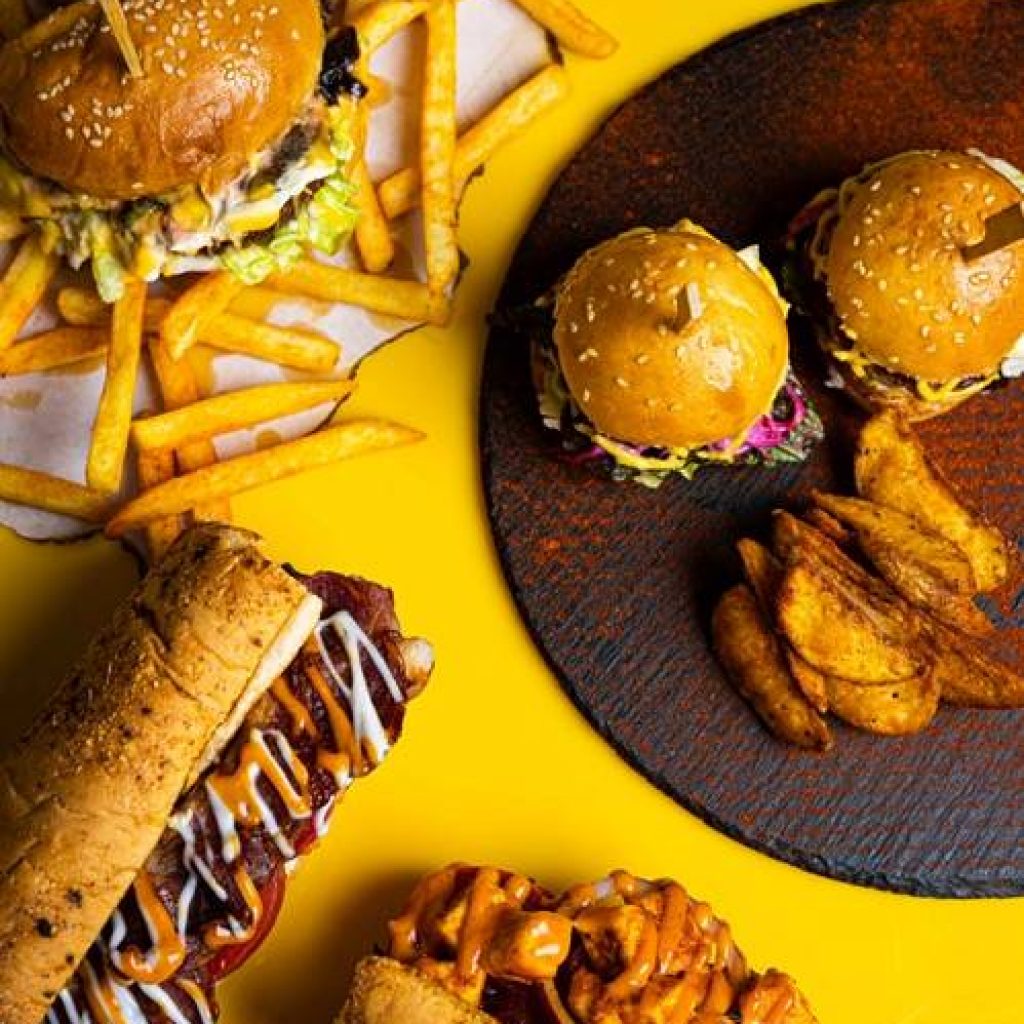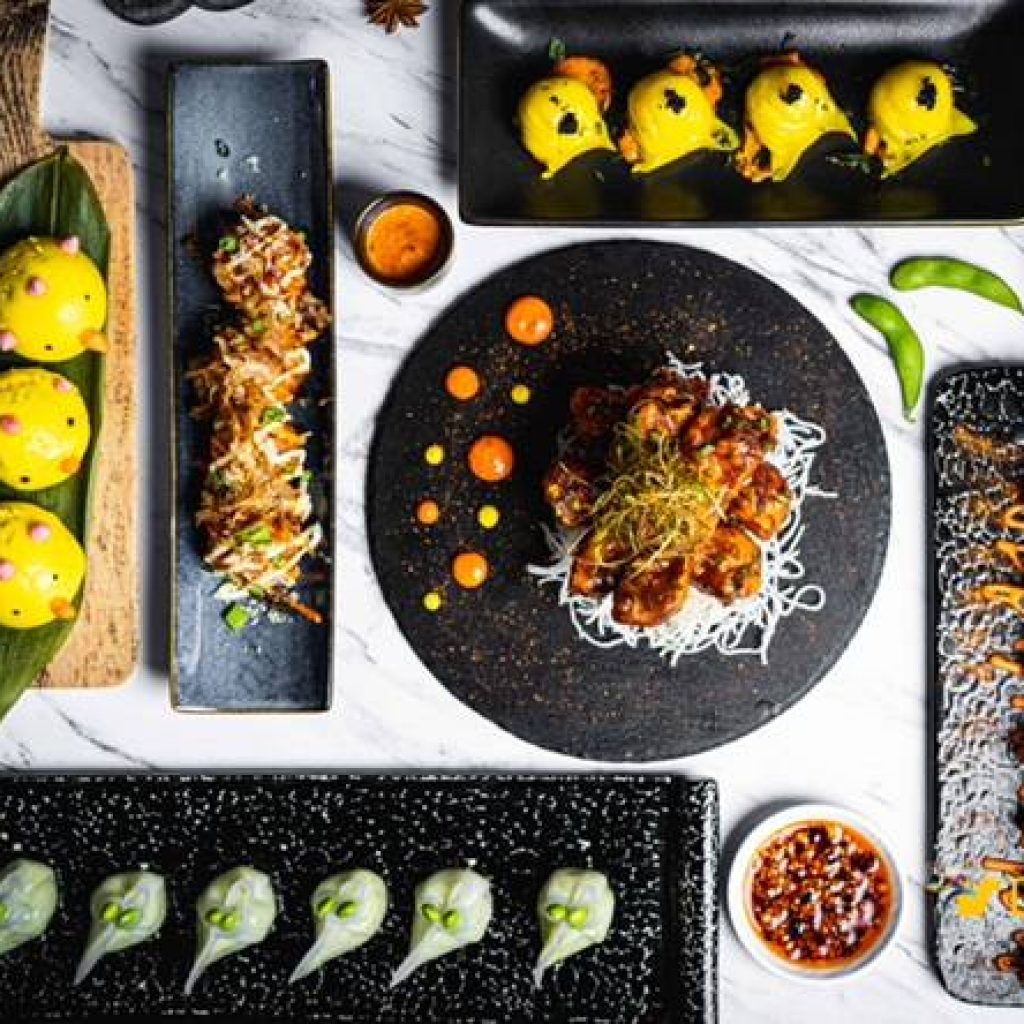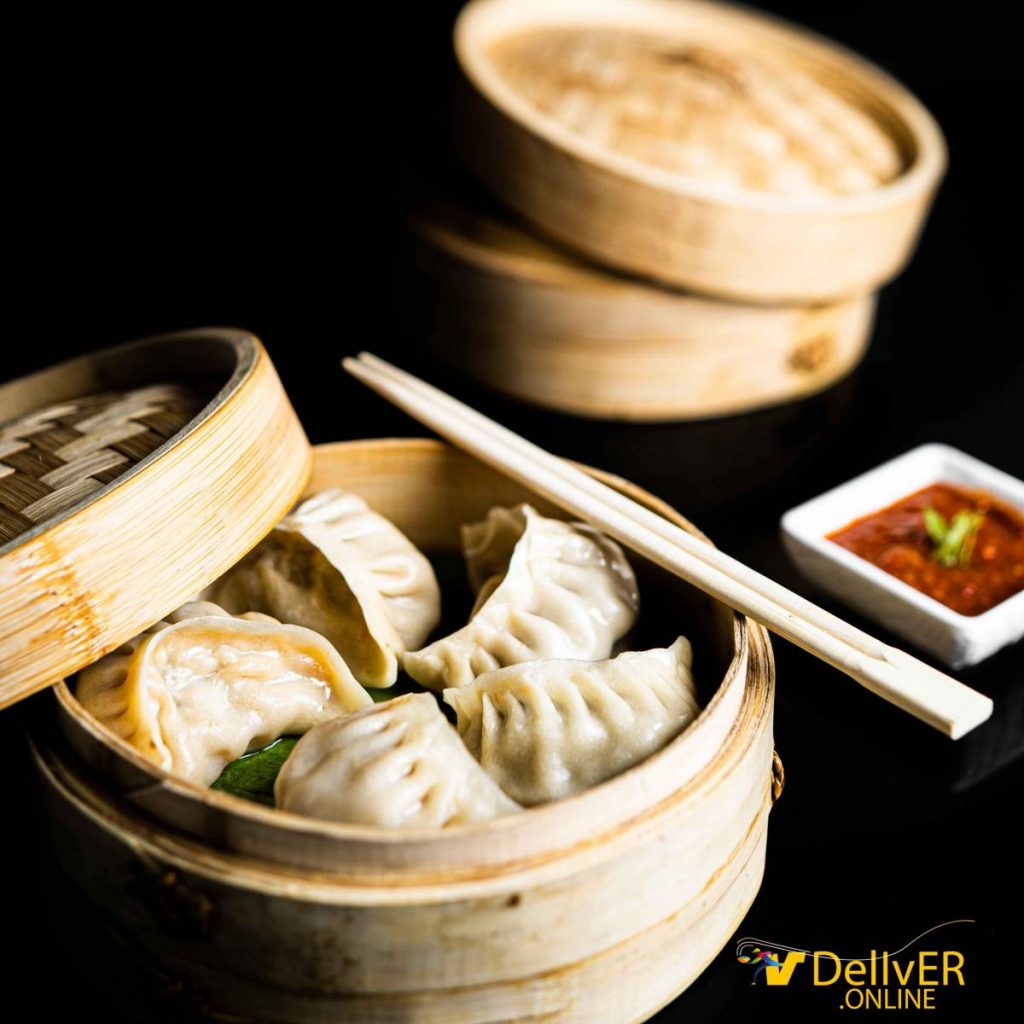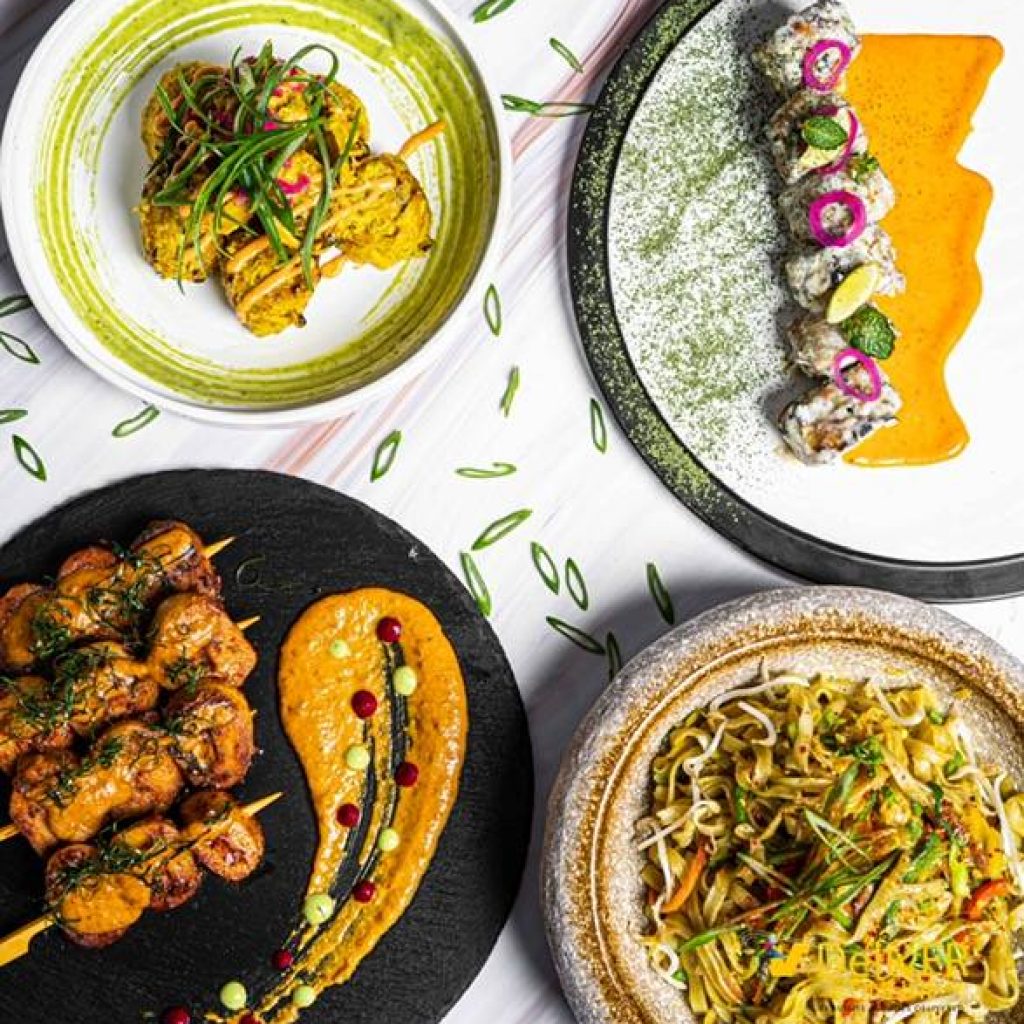“Islam teaches the mankind to fulfil the obligations, to record in writing and observe the proper measurement without committing any fraud,” says Dr Sahitya K Chaturvedi, a business leader serving for a stronger association and social economics.
Chartered Accountant Dr. Chaturvedi, leading the business and financial functions in Ajmal Perfumes Group, is a seasoned veteran of Indian Business and Professional Council, IBPC Dubai the largest association under the aegis of Dubai Chambers. He has 22 years of international experience across myriad business categories – Luxury, FMCG (fast-moving consumer goods), Real Estate, Education, Medicine, and Investments – in medium to large enterprises in the Middle East.Post COVID-19, the zeal for social-economic advancement and diplomacy elevated Dr. Chaturvedi to the Executive Committee of IBPC, Dubai as Convener of Retail, SMEs, Large Enterprises and E-commerce Focus groups until the latest term since 2020. IBPC Retail Conclave, the annual and signature event focused on Retail, Consumers and Technology is a flagship initiative curated by Dr. Chaturvedi that brings the industry stalwarts under one premise with community, media and government representatives.
Born in a Brahmin family in the temple town of Mathura in Uttar Pradesh, Dr Chaturvedi had a zeal for knowledge and educational excellence right from his formative years. After passing the CA examination of the Institute of Chartered Accountants of India and also the Institute of Chartered Accountants in England and Wales, Dr. Chaturvedi completed the Phd and a course on Islamic Finance and Commerce. He has a passion for Hindi Literature and Hindustani classical music, which is his favourite way to unwind after a long day of juggling with numbers along with active participation in socially responsible endeavors in the domains of education, orphanages, hospitals, and skill development through non-governmental organisations (NGOs) and autonomous organizations like Mathur Chaturvedi Parishad, Global Business Federation, Ram Charit Bhavan USA, and Mercantile Hindu Committee of Thatta Dubai. Extracts from the interview:
What influenced you in the earlier part of your life, and how has it shaped you?
My Childhood has been pampered by parents, grandparents, joint family, and school teachers whose ritual, cultural and spiritual values seeded me the truth, tolerance and socialism in my life style.
Tell us when for the first time, you thought consciously about your life and what it means?
I believe that the bitter is the best taste of experience that ignites the values, forces the challenges and invites the opportunities. Certainly, It was unprecedented 2020 that changed my approach and attitudes from personal to the social economic consciousness.
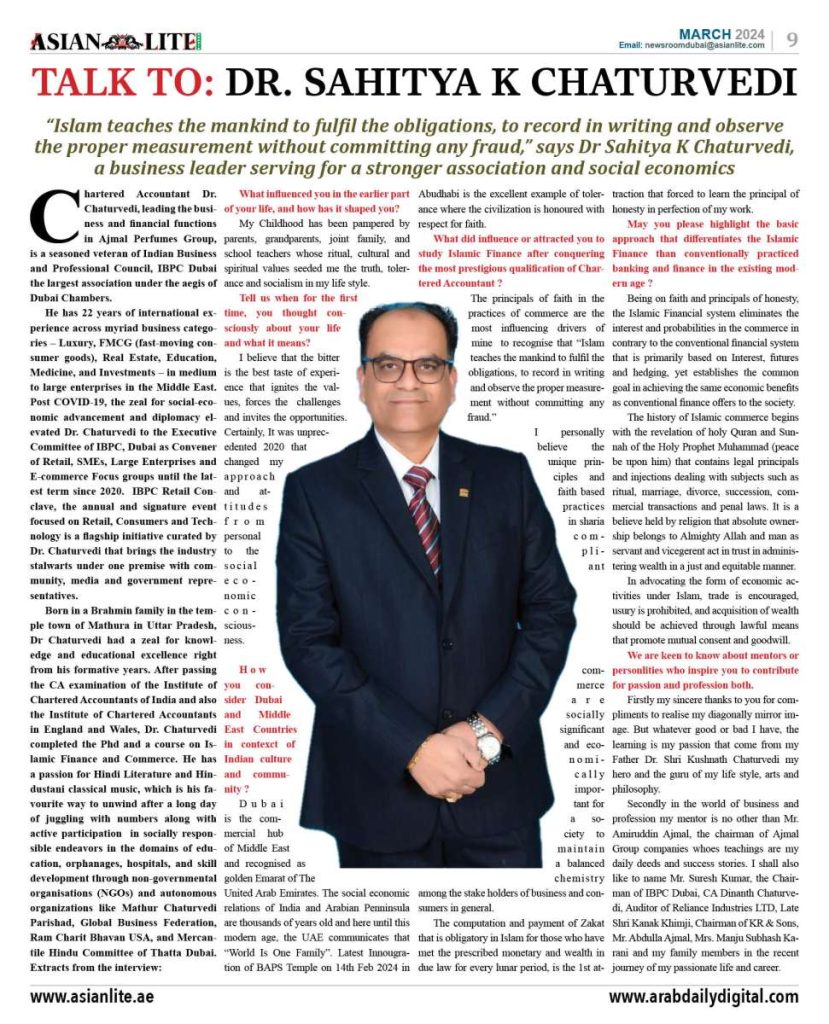
How you consider Dubai and Middle East Countries in contexct of Indian culture and community ?
Dubai is the commercial hub of Middle East and recognised as golden Emarat of The United Arab Emirates. The social economic relations of India and Arabian Penninsula are thousands of years old and here until this modern age, the UAE communicates that “World Is One Family”. Latest Innougration of BAPS Temple on 14th Feb 2024 in Abudhabi is the excellent example of tolerance where the civilization is honoured with respect for faith.
What did influence or attracted you to study Islamic Finance after conquering the most prestigious qualification of Chartered Accountant ?
The principals of faith in the practices of commerce are the most influencing drivers of mine to recognise that “Islam teaches the mankind to fulfil the obligations, to record in writing and observe the proper measurement without committing any fraud.”
I personally believe the unique principles and faith based practices in sharia compliant commerce are socially significant and economically important for a society to maintain a balanced chemistry among the stake holders of business and consumers in general.
The computation and payment of Zakat that is obligatory in Islam for those who have met the prescribed monetary and wealth in due law for every lunar period, is the 1st attraction that forced to learn the principal of honesty in perfection of my work.
May you please highlight the basic approach that differentiates the Islamic Finance than conventionally practiced banking and finance in the existing modern age ?
Being on faith and principals of honesty, the Islamic Financial system eliminates the interest and probabilities in the commerce in contrary to the conventional financial system that is primarily based on Interest, futures and hedging, yet establishes the common goal in achieving the same economic benefits as conventional finance offers to the society.
The history of Islamic commerce begins with the revelation of holy Quran and Sunnah of the Holy Prophet Muhammad (peace be upon him) that contains legal principals and injections dealing with subjects such as ritual, marriage, divorce, succession, commercial transactions and penal laws. It is a believe held by religion that absolute ownership belongs to Almighty Allah and man as servant and vicegerent act in trust in administering wealth in a just and equitable manner.
In advocating the form of economic activities under Islam, trade is encouraged, usury is prohibited, and acquisition of wealth should be achieved through lawful means that promote mutual consent and goodwill.
We are keen to know about mentors or personlities who inspire you to contribute for passion and profession both.
Firstly my sincere thanks to you for compliments to realise my diagonally mirror image. But whatever good or bad I have, the learning is my passion that come from my Father Dr. Shri Kushnath Chaturvedi my hero and the guru of my life style, arts and philosophy.
Secondly in the world of business and profession my mentor is no other than Mr. Amiruddin Ajmal, the chairman of Ajmal Group companies whoes teachings are my daily deeds and success stories. I shall also like to name Mr. Suresh Kumar, the Chairman of IBPC Dubai, CA Dinanth Chaturvedi, Auditor of Reliance Industries LTD, Late Shri Kanak Khimji, Chairman of KR & Sons, Mr. Abdulla Ajmal, Mrs. Manju Subhash Karani and my family members in the recent journey of my passionate life and career.
ALSO READ: PROFILE: Dr Abhinav Pandya

